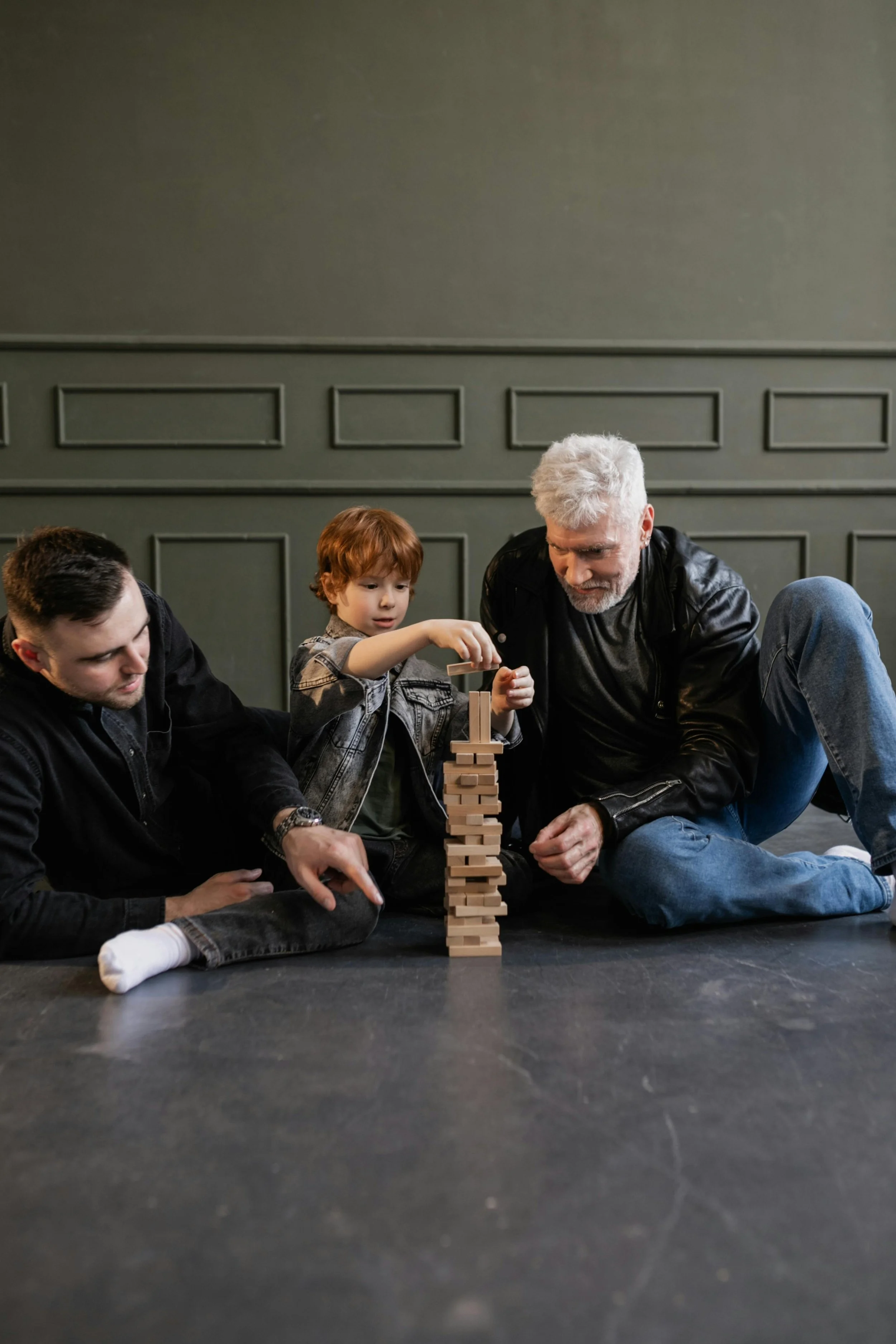What is occupational therapy?
Occupational therapists help people of all ages participate in the things they want and need to do through the therapeutic use of everyday activities or "occupations.”
As a family occupational therapist, Abby’s goal is to help your family unit function with greater harmony in order to increase participation in daily life.
Depending on the needs of your family, treatment could include the following:
Brainstorming (and engaging in) flow-state activities for the whole family
Practicing body-based and sensory strategies for emotional regulation and co-regulation
Problem-solving what’s working and what’s not working with daily routines
Assisting older adults with balance and strength so they can continue to age in place safely, and training caretakers of older adults on safe practices
Solidifying roles and routines so that every member of the family feels seen and heard
Providing psychoeducation on family members’ needs
About Abby
With a background in Anthropology and a lifelong fascination with embodied practices, Abby brings a unique perspective to her practice. Abby was inspired to pursue occupational therapy because of her grandmother, who returned to graduate school later in life and developed a novel movement-based program for treating Parkinson’s patients.
Abby has experience working in outpatient pediatrics, community-based mental health, schools, and brain injury rehabilitation. Additionally, Abby is trained in rhythmic movement for reflex integration, DIR/Floortime, family systems theory, unique approaches to sensory integration, and aging-in-place.
Beyond occupational therapy, Abby has a background and love for dance, yoga, pilates, qigong, and hiking, and academic experience in Psychology and Anthropology, all of which inform her practice.
Abby holds a BA in Feminist, Gender, and Sexuality Studies from Wesleyan University, and an MS in Occupational Therapy from University of New Hampshire.
Outside of work, Abby loves cooking and eating with her family including her two sons, spending time outdoors, exploring new movement practices, and sinking into a good book or film.
Therapeutic approach
Families come in all forms, and Abby respects and honors your individual family’s goals, wishes, and priorities.
Abby works within a trauma-informed lens, prioritizing felt safety, trust, and empathy within the therapeutic relationship.
Abby believes in meeting people where they are at, and that therapy is a dynamic process that requires participation and commitment.
“Human beings are social creatures… not just in the trivial sense that we like company, and not just in the obvious sense that we each depend on others. We are social in a more elemental way: simply to exist as a normal human being requires interaction with other people.”
— Atul Gawande

